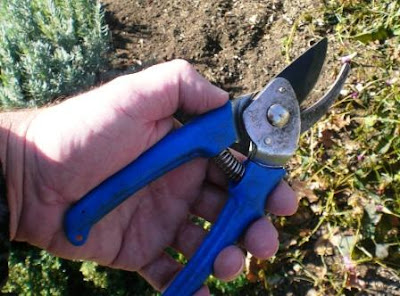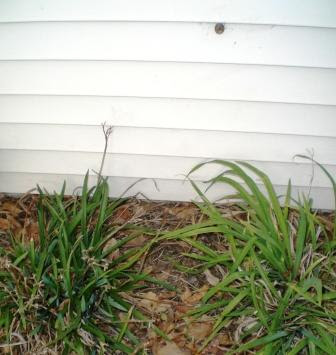
Happy Columbus Day (observed, it's really October 12.)
Columbus Day commemorates the discovery of the Americas in the Italian explorer's famed expedition to the West, in which he hoped to find a naval route to India. Instead, he found an entire continent that was mostly unknown to Europe, Africa, and Asia at the time. While other Europeans had sporadically visited the Americas earlier, and there are varied theories of even earlier contact by East Asians, Phoenicians, and others, Columbus's expedition triggered the great wave of European interest in the New World. Unlike the earlier visitors, Columbus aggressively popularized his discoveries and arranged for return voyages. While controversy remains about many of the actions of the era, the colonization of the Americas is still seen largely as a good thing and thus worthy of celebrating.
The first Columbus Day celebration was held in 1792, when New York City celebrated the 300th anniversary of his landing in the New World. President Benjamin Harrison called upon the people of the United States to celebrate Columbus Day on the 400th anniversary of the event in 1892.
In 1937, at the behest of the Knights of Columbus (a Catholic fraternal service organization named for the voyager), President Franklin D. Roosevelt set aside Columbus Day as a federal holiday.
Since 1971, the holiday has been commemorated in the U.S. on the second Monday in October, the same day as Thanksgiving in Canada. It is generally observed today in some schools, some banks, the bond market, the U.S. Postal Service, federal offices, and most state government offices; however, most businesses and stock exchanges remain open.




 These were so strong they broke off the top of the wooden trellis they were growing on.
These were so strong they broke off the top of the wooden trellis they were growing on.







 This one reminded me of our little bat adventure in the attic earlier this year.
This one reminded me of our little bat adventure in the attic earlier this year.










 By the way, congratulations to Al Gore on winning the Nobel Peace Prize for his work to educate the world about global warming.
By the way, congratulations to Al Gore on winning the Nobel Peace Prize for his work to educate the world about global warming.
 This modem does dual duty, providing broadband access to the internet, and digital phone.
This modem does dual duty, providing broadband access to the internet, and digital phone.
 And this is the brains of our new phone system. VoIP gives up Caller ID for free, so I went out and got a set of 4 phones that are Caller ID capable. Because the phone and cable TV come from the same company, Caller ID even shows up on the TV screen! We also get free long distance.
And this is the brains of our new phone system. VoIP gives up Caller ID for free, so I went out and got a set of 4 phones that are Caller ID capable. Because the phone and cable TV come from the same company, Caller ID even shows up on the TV screen! We also get free long distance.


 Over the weekend, retired Lt. Gen. Ricardo S. Sanchez, the former commander of U.S. troops in Iraq, described the Bush Administration as "incompetent" and labeled the Iraq war a "nightmare.""There has been a glaring, unfortunate, display of incompetent strategic leadership within our national leaders. As a Japanese proverb says, 'Action without vision is a nightmare.' There is no question that America is living a nightmare with no end in sight."
Over the weekend, retired Lt. Gen. Ricardo S. Sanchez, the former commander of U.S. troops in Iraq, described the Bush Administration as "incompetent" and labeled the Iraq war a "nightmare.""There has been a glaring, unfortunate, display of incompetent strategic leadership within our national leaders. As a Japanese proverb says, 'Action without vision is a nightmare.' There is no question that America is living a nightmare with no end in sight."

 Now all that remains is the egg case, 2 feet off the ground, firmly attached to the siding. Next spring, let's hope that something hatches, and calls the Daylilies (Hemerocallis) home.
Now all that remains is the egg case, 2 feet off the ground, firmly attached to the siding. Next spring, let's hope that something hatches, and calls the Daylilies (Hemerocallis) home.





 Wrong. He called in the order, and when it arrives, yup, you guessed it; call the 800 number and set up another service call. Until then, its doing dishes the old fashioned way.
Wrong. He called in the order, and when it arrives, yup, you guessed it; call the 800 number and set up another service call. Until then, its doing dishes the old fashioned way.




